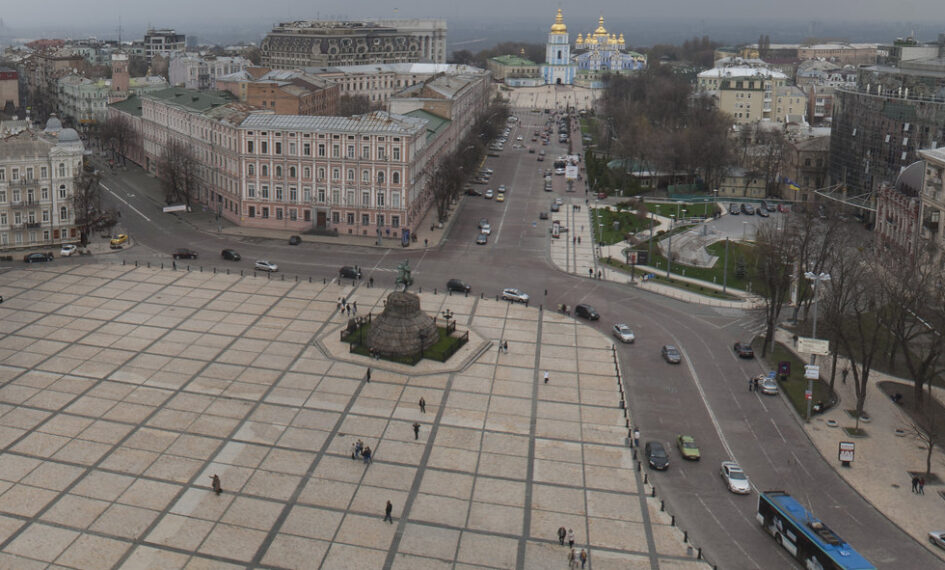- Definition: A panorama is a wide-angle view or representation of a physical space, whether in painting, drawing, photography, film, or a three-dimensional model. It typically shows a landscape or a long, continuous scene in a way that captures the entire area in a single view.
- Etymology and Origin:
- The word “panorama” comes from the Greek “pan,” meaning “all,” and “horama,” meaning “view” or “sight.” So, it literally translates to “all-view” or “view of everything.”
- The term was coined in the 18th century by the Irish painter Robert Barker to describe his panoramic paintings of Edinburgh, which were displayed on a cylindrical surface. He later patented his creation, leading to the popularization of the term.
- Over time, the concept of a panorama expanded beyond Barker’s original panoramic paintings, encompassing wide-angle photographic images and, in a broader sense, any wide-ranging or comprehensive view or presentation, whether visual or metaphorical.
Panorama: Unpacking Its Definition and Greek Roots



